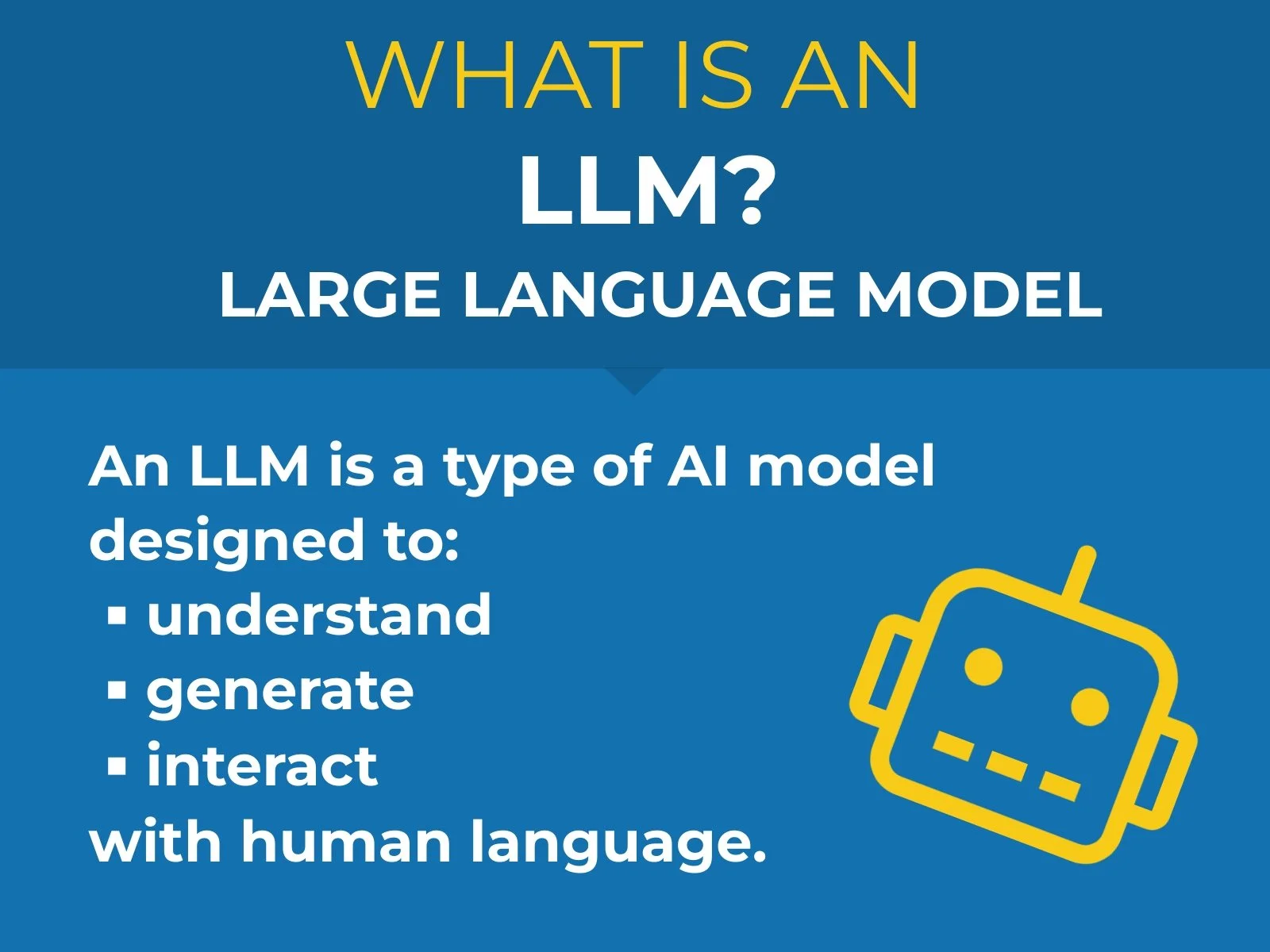The Kendall Project: Women in AI Workshop
While attending the “Women in AI Workshop” hosted by The Kendall Project, CMO Melissa Daley learned that 79% of working women are employed in roles that could be impacted by generative AI disruption and automation, compared with 58% of working men. (1) Additionally, women are adopting AI tools at a lower rate than men, by a 25% gap. (2) These are fairly surprising, if not outright shocking, statistics to consider.
The people behind The Kendall Project are helping to lead the charge to close this adoption gap.
Founded by Brendan McSheffrey, an expert in AI integrations and responsible AI usage, The Kendall Project is a nonprofit that delivers a suite of workshops that merge industry leaders, domain experts and business teams to pinpoint crucial organizational challenges where AI can be implemented efficiently. By maintaining a balanced approach to innovation, professional roles are safeguarded through the sensible adoption of AI capabilities. Joining Brendan was Co-Presenter Pam Boiros, a leader in marketing strategy, specializing in integrating Gen AI within marketing teams to boost efficiencies and improve effectiveness. Pam is Principal Consultant at Bridge Marketing Advisors.
The Women in AI Workshop shared how to use the Kendall Framework to “identify, prioritize, and implement AI opportunities that drive real business value.” (3) “We can grow jobs faster in the Commonwealth (of Massachusetts), and throughout New England, if we share what we know,” explains Brendan. “We are at a crossroads of innovation.”
A GPT (Generative Pre-Trained Transformer), such as ChatGPT, is a specific kind of LLM, developed by OpenAI.
The Kendall Framework and AI Leadership
The discussion during the workshop underscored the importance of context in AI utilization, emphasizing its role as essential in crafting high-quality AI-driven business solutions. The Kendall Framework provides a structured approach to integrating AI within enterprise systems, focusing on removing bias, aligning team objectives and scaling innovation. (Companies interested in learning more about how to implement the Kendall Framework through an on-site facilitated workshop can learn more here).
Brendan shared his six rules for effective AI leadership:
Context is King: The context provided by human inputs and system data is critical.
Problems Fuel AI: AI should be leveraged to solve specific problems, not just to search for information.
AI is a Team Sport: Collaboration is key, though current AI models lack interconnectedness.
AI Needs Rules: AI systems must be informed of the rules and context of your specific operational needs. You have to tell it what you need it to do.
Assembling AI: Similar to building a truck, AI systems are built, rather than programmed.
Continuous Improvement: The complexity of LLMs (large language models) mandates an unwavering commitment to enhancement.
Practical Application: Interactive Sessions and Worksheets
The workshop attendees had the opportunity to break into groups to do problem sprints. The groups were led by industry leaders in the following focus areas:
Entrepreneurship & investment
Human-centered AI
Upskilling & Workforce Development
K-12/Higher Education
Community, Employers & Ecosystems
Tech & Data Science
Melissa participated in the Entrepreneurship and Investment group, led by Kara Peterson, Co-Founder of descrybe.ai, which leverages generative AI to make complex legal information more accessible, and Gabi Zijderveld, Co-Founder and Operating Partner at Blue Tulip Ventures, which invests in early-stage startups building human-centric AI. Each group used the Kendall Framework Problem Worksheets to share their specific business challenges to brainstorm potential solutions, collaboratively. This approach not only facilitated a practical understanding of issues, but also showcased the power of structured problem-solving by reducing complexities, identifying the relative urgency, value added, and risk avoided in developing a solution.
“This was my first time participating in this type of exercise, and it was eye-opening,” says Melissa. “It was humbling to be with so many accomplished women, and I learned a tremendous amount from listening to them share their business pain points and challenges. Everyone was really supportive of each other, and a lot of thought went into people’s responses and suggestions. The vibe in the room was next-level!”
AI Strategies to Simplify Complex Business Processes
The Kendall Project is helping companies and professionals navigate the landscape of AI with tools designed to simplify complex processes and align AI strategies with core business values and goals. By rallying around clear, well-defined problems, business leaders can harness AI to make substantial, lasting impact.
“Problems are only seen from one person’s point of view at a time, so it’s important to understand each problem from every person’s perspective,” says Brendan.
The Kendall Framework has designed worksheets including:
Role Worksheet: similar to a marketing Buyer Persona, this sheet looks at the professional’s role within a company, including the role objective, skills, priorities, and focus.
Capabilities Worksheet: which helps outline the problems the organization is capable of solving, and for whom.
Problem Worksheet: which looks at the work you need to accomplish and its importance.
The Kendall Project hosts workshops with different focuses, across many topics and industries. You can learn about upcoming events here.
Sources:
Authored by Melissa E. Daley, CMO
